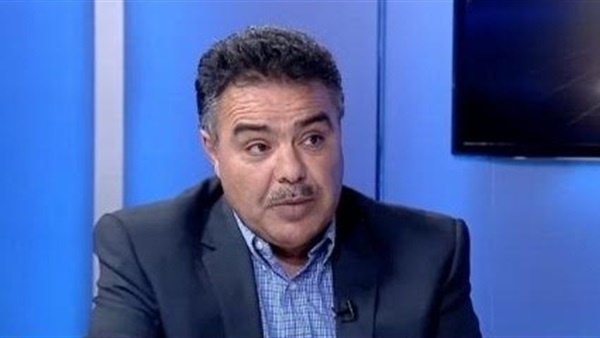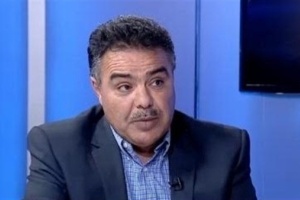By Abdullah Al-Kabir, a Libyan writer
The Next Day Scenarios

Some analysts and observers of the Libyan issue have noticed the sudden amendment made by Aqila Saleh to the President’s Elections Law, regarding the minimum age for a candidate, and reducing it from 40 years to 35.
At the time, suspicions went that the reason for this amendment was to allow one of Haftar’s sons to run for the elections, because most of the terms of candidacy were designed to nominate Haftar and prepare the way for his victory, and if any unexpected development occurred and Haftar was excluded or refrained, his son would run in his place.
This amendment was not a desire or a suggestion from the MPs, but rather a suggestion by the High National Elections Commission, which during the time of mobilization for the elections, turned as a destination to the western ambassadors, and the MPs did not hesitate to approve or amend the last version of the law, which may a major active country was behind it, for the purpose of pushing a new candidate from outside the well-known political and military blocs.
But opinion polls do not indicate the possibility of winning a candidate other than the well-known controversial names. How can the voters be persuaded of an unknown figure who has no chance of competing with senior figures, and then this non-controversial candidate will not be the dark horse in these elections?
But pushing an unknown, non-controversial figure is possible if things go towards establishing a new political agreement, as happened in the Skhirat Agreement, no one expected Fayez Al-Sarraj to be chosen as president, and the same thing was repeated in the Geneva Agreement through the list of Menfi and Dbeibah.
One of the contingency scenarios, after the postponement of the elections became likely, is to go to another political settlement by forming a new government that includes all parties, and obtains local and international acceptance comparable to what the current government enjoys. As usual, the UN mission, with the active countries behind it, supervises the formation of this government through the Political Dialogue Forum, or from the candidates after a first round of elections, the results of which are expected to be close due to the large number of applicants, with the exception of the most fortunate names, which do not exceed five, most notably the Prime Minister of the Government of National Unity, Abdel Hamid Dbeibah and Saif Al-Islam Gaddafi.
The controversy over the legality of the Prime Minister Abdel Hamid Dbeibah's candidacy to run in the competition is heading towards the formation of a wide bloc of candidates to face him as the expected winner, after judicial appeals failed to expel him. Therefore, the map of alliances will change sharply in order to achieve a missing balance with him. As for Saif Al-Islam Gaddafi, given the strict Western stance in excluding him, and this may be done accidentally through judicial appeals. If he bypasses the appeals and returns to the race, the path will change towards a political settlement that will not enable him to play an influential role, or the election law will be re-drafted to invalidate his candidacy, as the US-British position did not leave any room for the possibility of accepting him in a leadership position that would force them to deal with him.
The point is that the intensity of the international and regional conflict for different and sometimes conflicting goals, with the protracted dispute over who will take the position of the UN envoy to succeed the resigned envoy, and the reliance of some candidates on international support, may push the continuation of managing the crisis and freezing the conflict, with an acceptable settlement through the Political Dialogue Forum, or after a first round of presidential elections, after which the 10 or 20 highest votes will be chosen to achieve a settlement and share power in a new government.
In addition to these expectations, USA, along with some allies, may push other suggestions that satisfy most of the parties to the conflict, and not push matters towards provoking the Russian opponent, or dragging the country into a new war, as the complex chaotic scene is open to all expected and unexpected ends.
Disclaimer: The views and opinions expressed in this article are those of the writer, and do not necessarily reflect those of the Libya Observer


